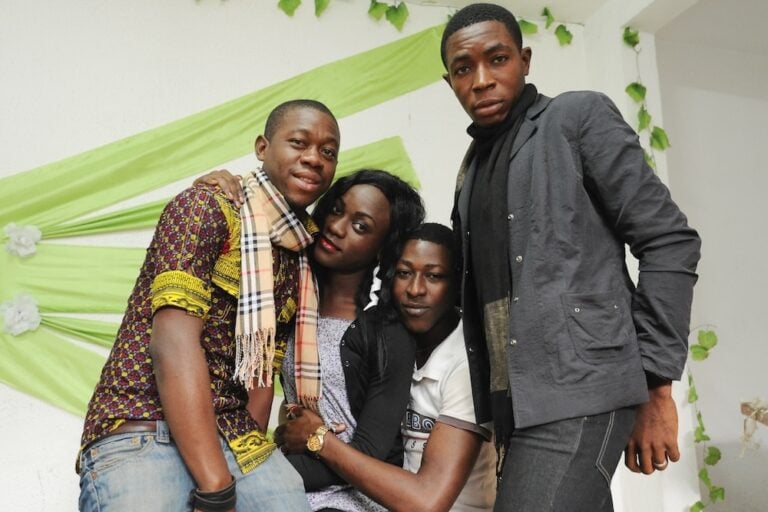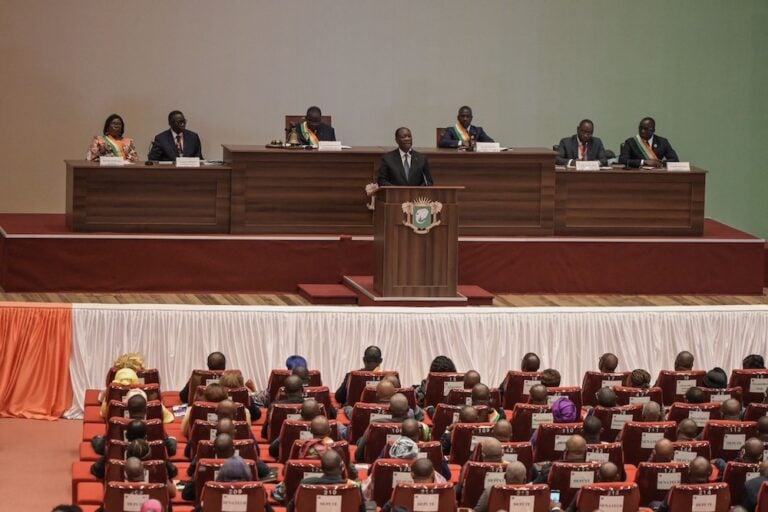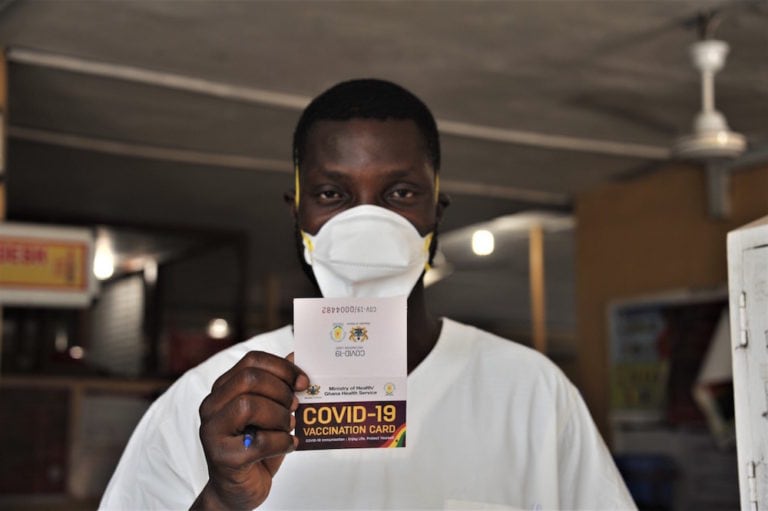"Amid a climate of confusion in which information is hard to confirm, the suspension or disruption of media activities is likely to encourage rumours and disinformation," RSF said.
(RSF/IFEX) – Reporters Without Borders fears that the ongoing military battle for control of Côte d’Ivoire’s business capital, Abidjan, could be accompanied by atrocities and massacres. It urges all parties to protect civilians and hopes that peace will be quickly restored.
Amid a climate of confusion in which information is hard to confirm, Reporters Without Borders also warns against any score-settling and reprisals within the highly-polarized Ivorian media. The suspension or disruption of media activities is likely to encourage rumours and disinformation.
Forces loyal to Alassane Ouattara announced that they took control of the Abidjan headquarters of state-owned Radio-Télévision Ivoirienne (RTI) on the night of 31 March 2011. Since then, its signal has been cut. As a result of the chaos in Abidjan, no newspaper was printed or distributed on 1 April.
The continuing crisis has fuelled a spate of rumours, denials and propagandistic statements. The following entry was posted on Laurent Gbagbo’s blog at 5 a.m. on 1 April: “Gbagbo appears on RTI, in good shape. At a time when mad rumours, encouraged by the Ouattara terrorists, are claiming that the Abidjan government is on its knees, Ivorians were able to see President Laurent Gbagbo at his home, thanks to RTI. The relaxed president was surrounded by aides, friends and members of his family. The president was in a good mood and was conversing with everyone, while the so-called international press was gleefully predicting the worst for his government.”
The doors of Abidjan’s main prison were opened early on 31 March and all the inmates were freed. They included two Télé Notre Patrie journalists, Abou Sanogo and Gnahoré Charly, who had been held since 28 January.
“I left the prison at 7:50 a.m.,” Charly said. “All the other prisoners also left ( . . . ) We were in our cells when, at around 6:30 a.m., we heard shooting. The shooting lasted until 7:10 a.m. Then we heard shouts of joy. We went down and saw that the prison’s gates had been opened. We did not wait to ask why. We just left.”
Charly added: “There had been no guards in the prison since yesterday [Wednesday] evening. Once outside, we saw members of the ‘invisible commando’ around the prison but no members of the FDS [the pro-Gbagbo army].”


